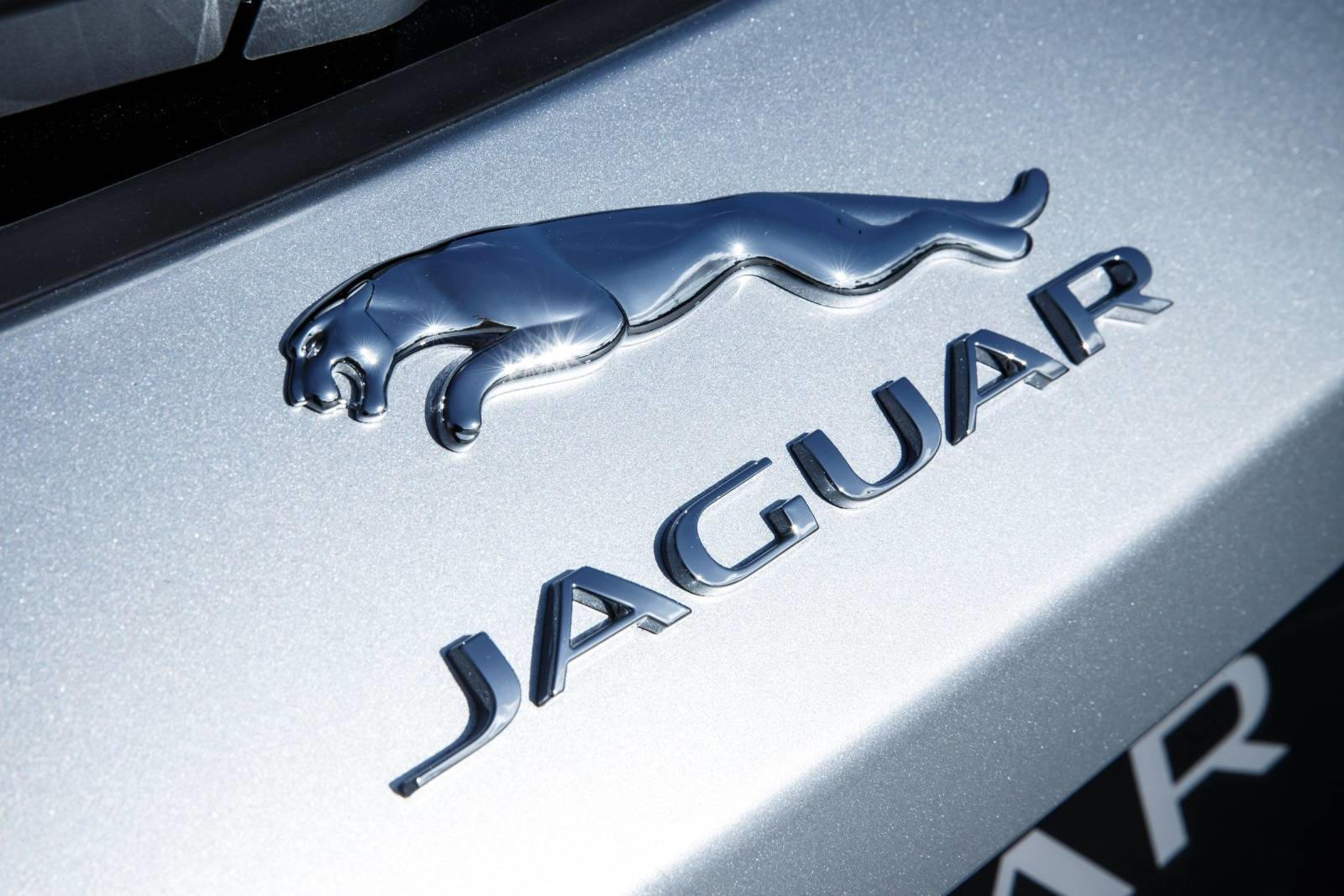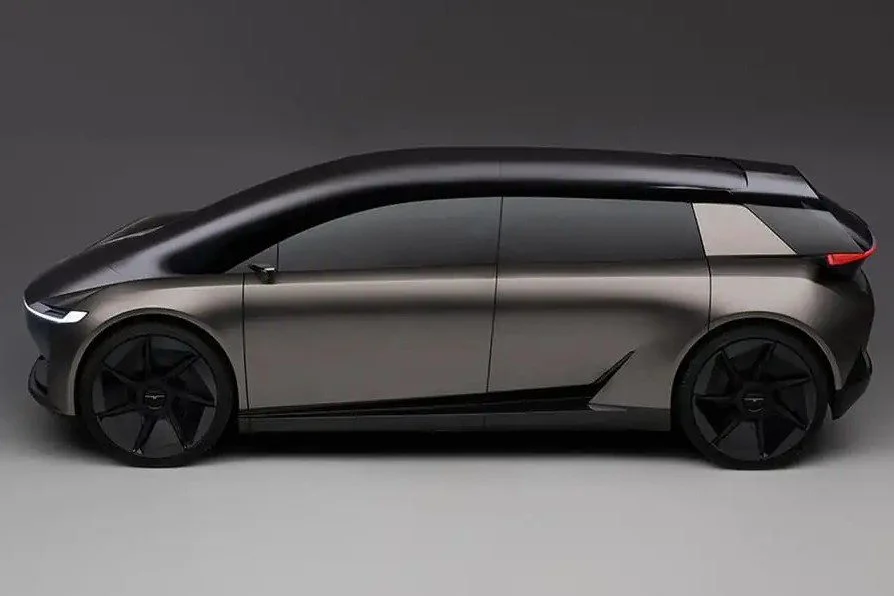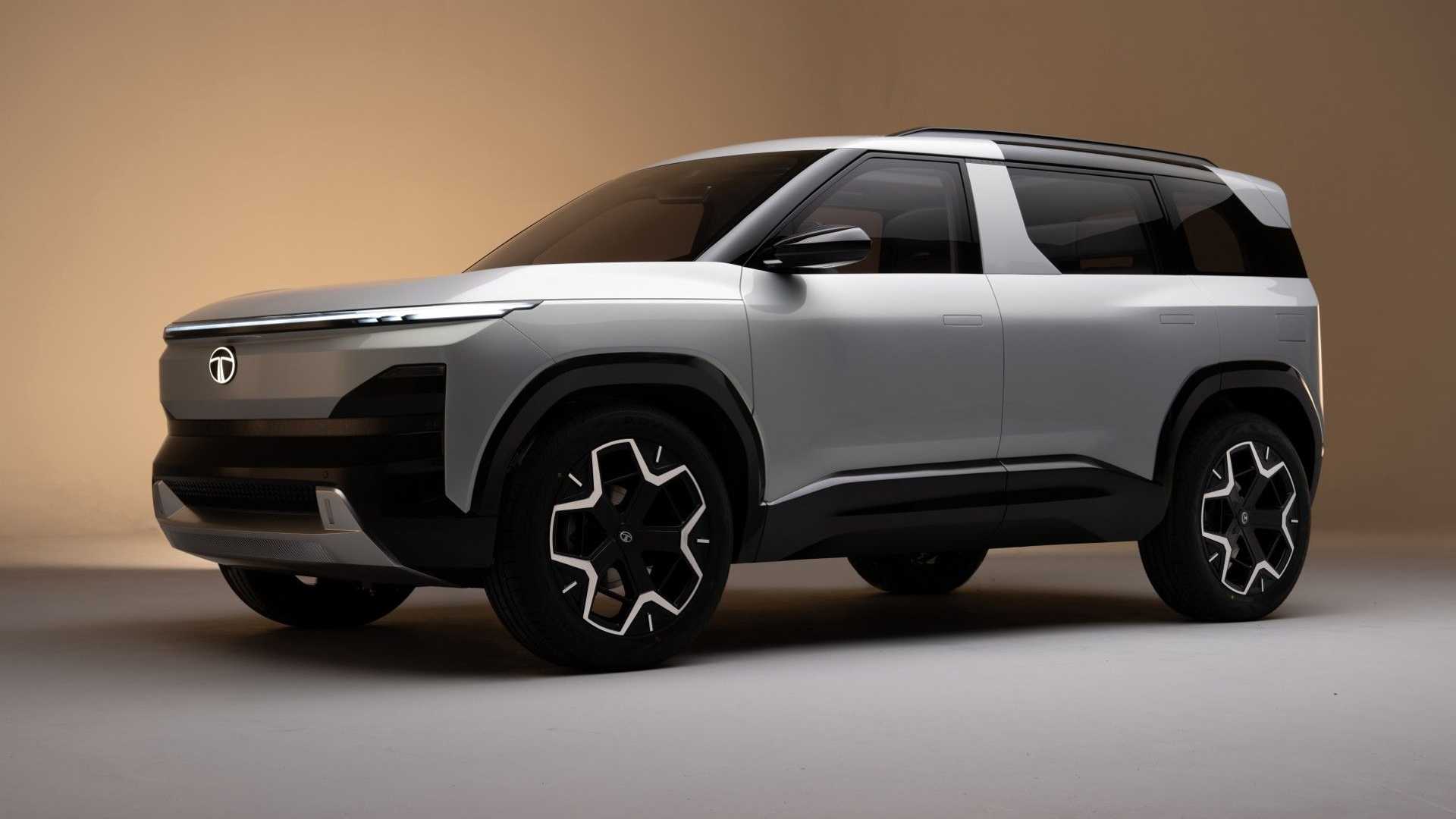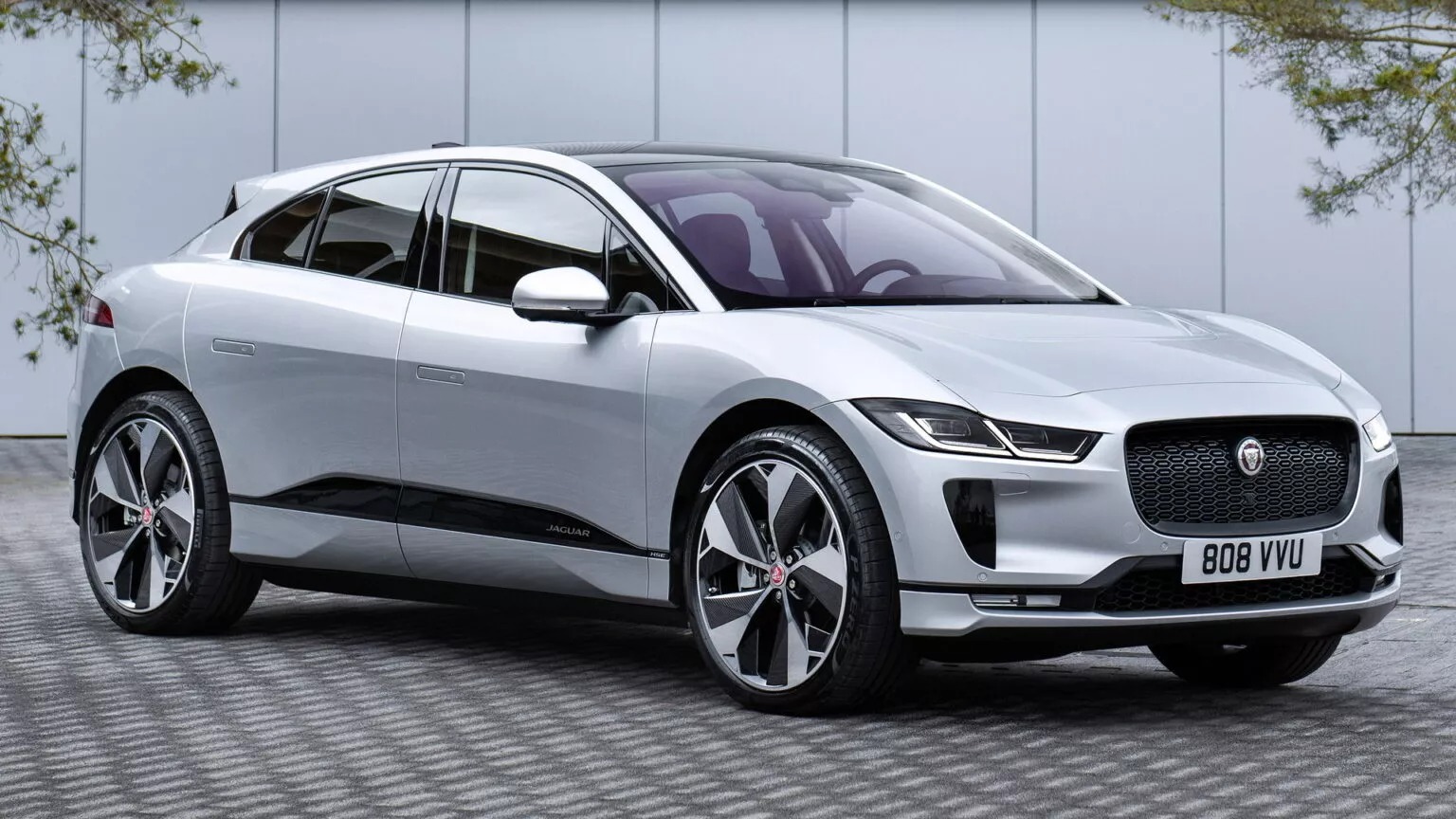Jaguar Land Rover (JLR) and its parent company, Tata Motors, are poised to ramp up electric vehicle (EV) production in India, with plans for a new EV plant in Ranipet, Tamil Nadu.
Reports from the Indian portal Autocar Professional indicate that the new plant will have an initial production capacity of at least 200,000 electric cars. Two-thirds of this capacity will be dedicated to JLR vehicles, with the remaining one-third allocated to Tata cars. The majority of JLR’s production is expected to be earmarked for export markets.
“While we don’t comment on speculation, we can confirm that Tata Motors is committed to the electrification journey,” a Tata Motors spokesperson told Autocar Professional.
Negotiations between JLR and Tata Motors regarding the new plant have been progressing well, with reports suggesting a split of one-third for Tata and two-thirds for JLR. The collaboration is particularly significant as Tata Motors intends to utilize JLR’s 800-volt Electrified Modular Architecture (EMA) platform for its future Avinya series. This collaboration was solidified through a contract between Tata Passenger Electric Mobility (TPEM) and JLR, both wholly owned subsidiaries of Tata Motors Limited (TML), signed in November 2023.
The decision to establish a major manufacturing base for JLR in India aligns with the progressing free trade agreement between India and the UK, expected to be finalized soon. Currently, JLR manufactures vehicles in the UK and Slovakia.
The Tata Group has committed to investing approximately €17 billion in JLR over the next decade, aiming to transition the brand into an all-electric lineup. By 2026, the majority of the Land Rover portfolio is expected to offer electric variants.
Looking ahead, India may not only be a hub for electric Jaguar models. Autocar Professional reports that the Tata Group is exploring the possibility of relocating part of the production of combustion vehicles for JLR to India, in addition to producing electric vehicles.






